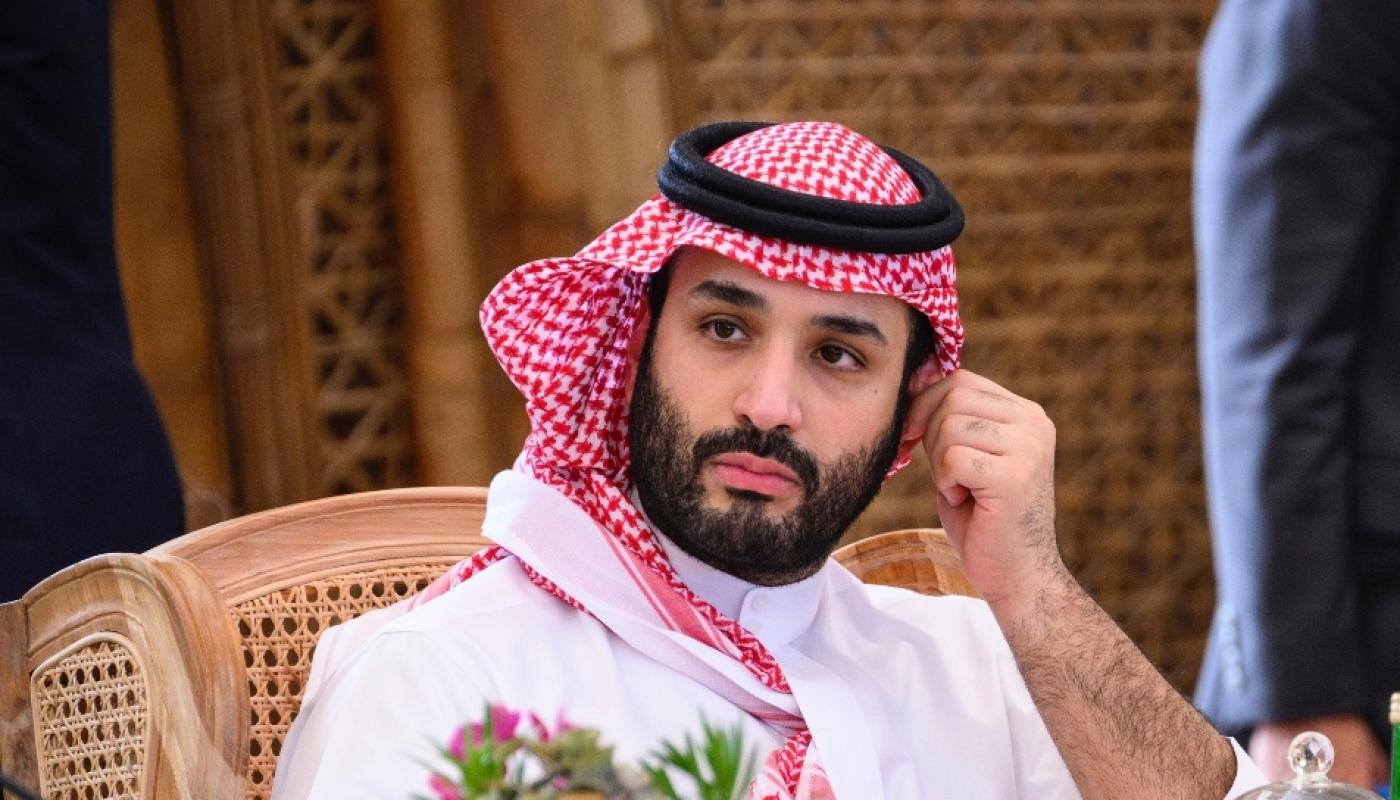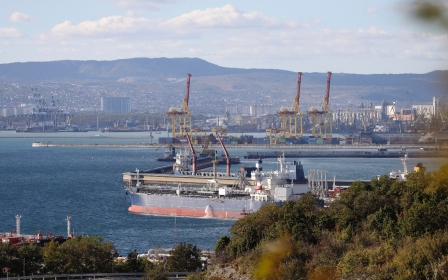Saudi Arabia's growth sinks as Russia's soars, underscoring unequal Opec burden

Saudi Arabia received a steep growth downgrade from the IMF on Tuesday, as its economy was hit with a drop in oil revenues following massive production cuts.
The IMF downgraded Saudi Arabia’s growth forecast from 3.2 percent to 1.9 percent, taking into account “production cuts announced in April and June in line with an agreement through OPEC+.”
The drop is a notable turnaround for Saudi Arabia, which was the fastest-growing economy in the G20 last year.
The kingdom enjoyed a revenue windfall after Russia’s invasion of Ukraine helped push crude prices higher. Saudi Arabia has since pushed fellow oil producers in the Opec cartel and an alliance led by Russia to cut global supplies in a bid to lift prices.
But the kingdom has been doing most of the heavy lifting. In July, the International Energy Agency said Saudi Arabia was set to lose its spot as the largest oil producer in Opec+ to Russia.
Stay informed with MEE's newsletters
Sign up to get the latest alerts, insights and analysis, starting with Turkey Unpacked
“Russia has been pretty much cheating and free-riding off of Saudi Arabia’s cuts,” Greg Priddy, a consultant at the US-based Spout Run Advisory and senior fellow at the Center for the National Interest in Washington, DC, previously told Middle East Eye.
Because oil prices are determined by supply and demand forces, analysts say Moscow has enjoyed the benefits of Saudi Arabia's cuts, without making any sacrifices itself.
'Saudi Arabia does heavy-lifting'
Russia’s unwillingness to curb exports has led to rising tensions with Saudi Arabia, according to the Wall Street Journal.
The two have made an effort to downplay rumors of a rift. At an Opec+ conference last week, Saudi Arabia and Russia timed a joint announcement that they would be cutting exports, which Saudi Arabia’s energy minister Prince Abdulaziz bin Salman said silenced “the cynical side” of those who said ties were fraying.
But Adi Imsirovic, director of Surrey Clean Energy, and former head of oil at Gazprom's overseas trading arm, told MEE previously that the cooperation was “an illusion,” adding, “Saudi Arabia is the one doing all the heavy lifting.”
Underscoring the unequal burden, in its same report on Tuesday, the IMF improved expectations for Russia’s growth rate by 0.8 percentage points, citing the government’s “large fiscal stimulus” even as the war in Ukraine rages.
Moving forward, a big question domestically for Saudi Arabia will be whether the drop in growth hits Crown Prince Mohammed Bin Salman's plans to diversify the kingdom's economy.
The IMF says Saudi Arabia needs Brent crude prices above $80 per barrel to balance its budget and plow funds into mega-projects like Neom and Red Sea island developments, to wean itself off of fossil fuels. Brent crude was trading at $82.79 a barrel on Wednesday.
Middle East Eye delivers independent and unrivalled coverage and analysis of the Middle East, North Africa and beyond. To learn more about republishing this content and the associated fees, please fill out this form. More about MEE can be found here.





